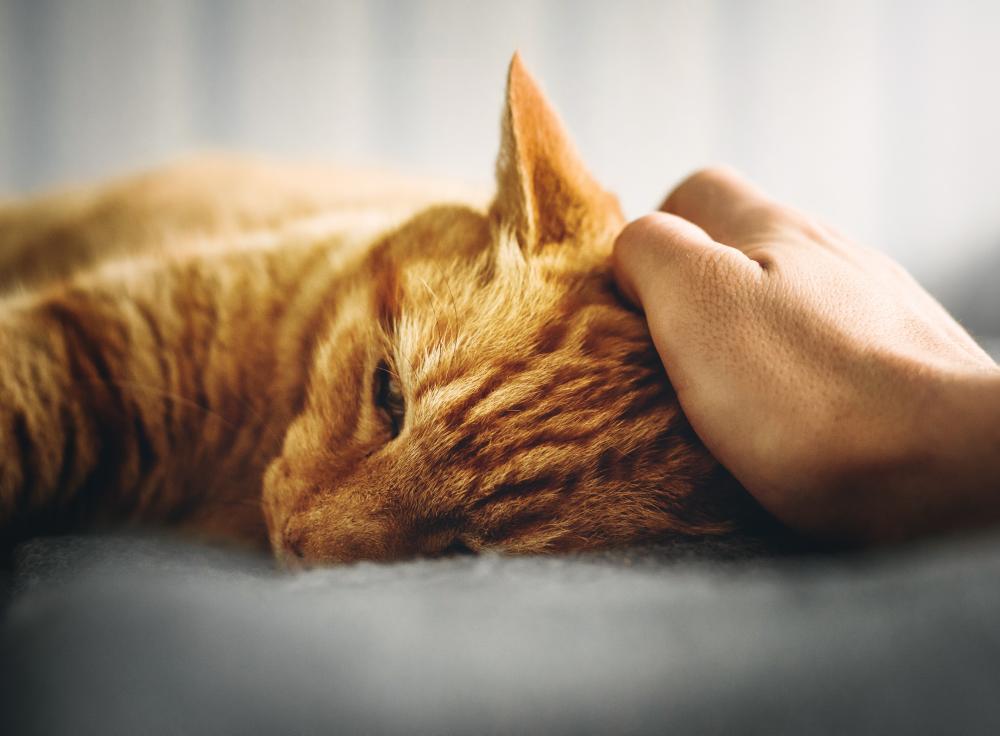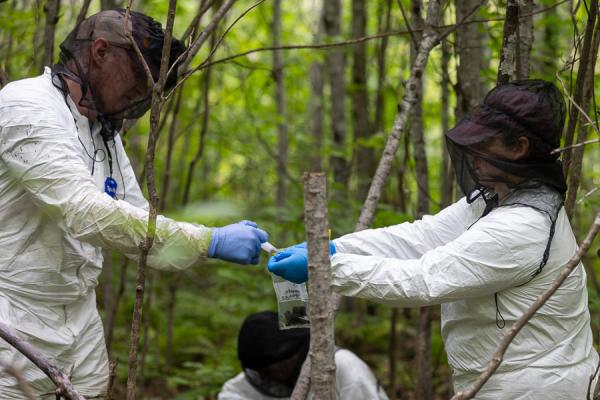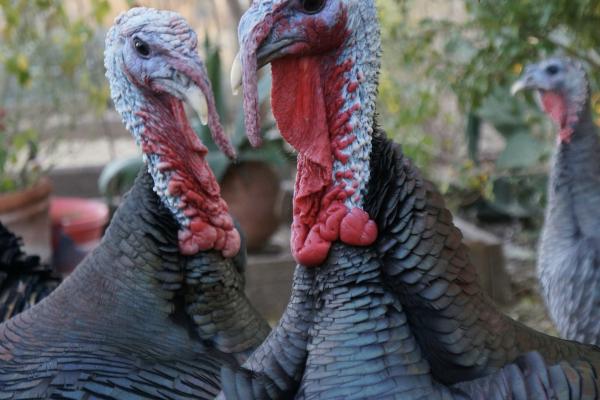CVM researchers receive grant to study common and poorly understood urinary tract conditions in cats
August 21, 2023

Photo by Alexander Andrews on Unsplash
CVM researchers led by Dr. Emily Coffey (VCS) received $299,000 from Hill’s Pet Nutrition, Inc. for a study that will characterize and compare the fecal microbiome and urinary metabolome of healthy cats, cats with urolithiasis, and cats with feline idiopathic cystitis (FIC).
Urolithiasis (stone formation in the urinary tract) and feline idiopathic cystitis (inflammation of the bladder) are the two most common causes of lower urinary tract disease in cats. These are painful, recurrent conditions that significantly impact cats’ quality of life, and are frustrating for both pet owners and veterinarians. Furthermore, while the range of known risk factors for the conditions include genetics, diet, and environmental factors, their causes are poorly understood.
Recent studies in humans, however, have identified distinct changes in the gastrointestinal (GI) microbiome and urinary metabolomes in people affected by analogous conditions. Metabolome refers to the collection of small molecules (metabolites) present in a biological sample that play different roles in health and disease.
This study will determine if cats with urolithiasis or FIC also have these changes in the microbiome and metabolome, and whether these could become targets for the development of new diagnostic tools and treatments.
A better understanding of the microbiome and metabolomic characteristics associated with these conditions will enable researchers to identify more targeted interventions. This research is an essential first step in answering important questions related to these conditions, and improving the health and quality of life for many cats.
“We are very excited to start this work! This research will provide much needed insight into mechanisms underlying these common and challenging urinary disorders in cats,” Coffey says. “The discovery of microbial or metabolomic markers of these conditions could lead to earlier disease detection and potentially serve as targets for therapy in the future.”
The study is currently recruiting healthy cats (between 2–12 years of age) and cats with confirmed or suspected calcium oxalate urinary stones or FIC. Each study participant will receive a free urinalysis, urine culture and sensitivity, chem 8 blood panel, and abdominal radiographs. Cats that have received antibiotics within 3 months or that have certain health conditions are not eligible to enroll. If you have a cat that may be eligible and would like to learn more, please contact Kelly Reid ([email protected]) or Dr. Coffey ([email protected]).


